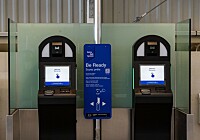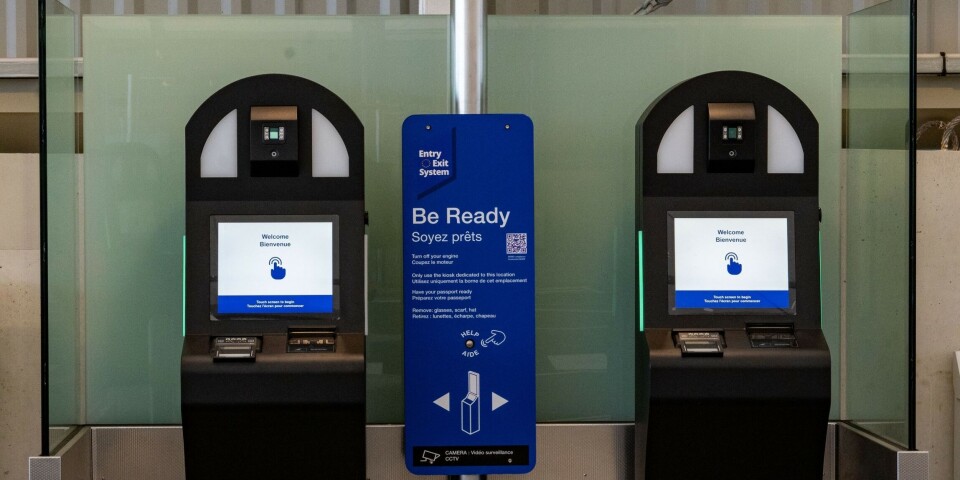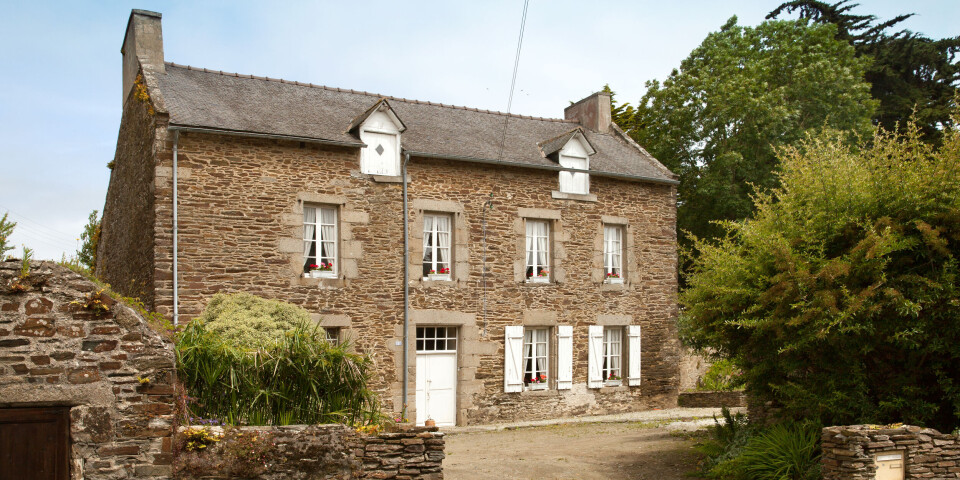Discover the pros (and some cons) of French civil partnership
Robert Kent of Kentingtons explains the financial benefits and drawbacks of a Pacte Civil de Solidarité
A PACS partner does not automatically inherit the estate, so you must create a will
fizkes / Shutterstock
Since November 1999, couples residing in France have had the option to enter a PACS, or Pacte Civil de Solidarité, commonly referred to as “se Pacser”.
For those familiar with UK laws, a PACS can be likened to the French version of a civil partnership.
However, the Pacs permitted opposite-sex couples from the start, whereas the UK civil partnership did not do so until 2019.
The popularity of PACS agreements has grown steadily over the years. In 2019 alone, 209,988 couples formalised their relationship through a PACS, making them officially “pacsé(s).”
One of the main reasons behind PACS' increasing appeal is its practicality as a financial tool for couples who prefer not to marry, but who wish to manage their finances jointly.
So, what should you know about a PACS, and could it be a suitable option for you?
What is a PACS?
A PACS in France is a legal agreement between two individuals that serves as a formal civil partnership. It offers couples who do not wish to marry an alternative that grants them certain rights. Some of these rights are akin to those married couples enjoy, while others differ.
Many couples are drawn to the PACS because it allows them to formalise their household arrangements, particularly for tax and inheritance purposes.
But how does a PACS differ from marriage?
Here are some distinctions:
Marriage is viewed as an institution, while a PACS is simply a contract between two people.
A partner in a PACS is not eligible to receive their partner’s pension benefits, unlike in a marriage.
PACS partners must create a will to ensure the surviving partner inherits their estate, as French intestacy laws do not automatically grant PACS partners rights to their deceased partner’s assets.
A PACS may not be recognised globally, whereas marriages generally are. However, it is important to note that the UK does recognise French PACS agreements.
Marriage between French nationals and foreigners can expedite obtaining French nationality, but a PACS does not offer the same advantage. However, a PACS can still assist a foreign partner in securing a French residency card.
A PACS can be dissolved unilaterally. Thus, only one partner must initiate the process at the local mairie (town hall) where the PACS was registered.
What are the financial benefits?
One significant advantage of entering a PACS is the ability for the partners to be taxed jointly. This means that a PACS couple pays income tax in the same manner as a married couple, benefiting from the “parts” system or “quotient familial”, which typically results in a lower income tax bill than if they were taxed separately.
Another financial incentive to consider a PACS is the exemption from inheritance tax for the surviving partner, which is the same as for a spouse. This contrasts with the 60% inheritance tax rate for couples living together without formalising their relationship.
However, it is crucial to remember that a PACS partner does not automatically inherit the other partner’s estate, unlike in marriage. Therefore, creating a will is essential if you decide to enter a PACS.
What are the financial drawbacks?
Entering a PACS means you are considered one “foyer” or household, which means your combined assets may be subject to wealth tax. If your assets do not incur wealth tax but your combined assets do, this could increase your tax liability.
Before dismissing a PACS due to this potential drawback, it is vital to understand your possible liability and explore ways to reduce or eliminate this tax. The benefits of a PACS may still outweigh any negatives.
How to enter a PACS civil partnership
You can formalise a PACS at your local mairie (town hall) or with the assistance of a notaire. While registering a PACS at the mairie is free, using a notaire to draft and register the agreement will involve a fee.
For foreigners or non-French speakers, it is often best to engage a notaire who can prepare the contract and handle its submission on your behalf.
Typically, the required documents include:
A full birth certificate (including parent names) that is less than three months old, translated into French by an authorised translator.
A certificat de non-PACS, which proves you are not already in a PACS, usually obtained from the Tribunal d’instance in Paris.
ID, such as a passport, residence permit (titre de séjour), or French driver’s licence.
A certificat de coutume, confirming you are not married or in a similar agreement and that you are eligible for a PACS. This is usually obtained from your embassy or consulate. If unavailable, a letter attesting to this fact may suffice.
An attestation sur l’honneur confirming your eligibility for a PACS, stating that you are not married or part of another similar agreement, and a declaration of your shared residence.
Read more: Is a French Pacs valid in the UK?
A notaire can discuss the legal implications and assist with the formalities; however, ensuring that a PACS fits into your overall financial planning strategy is something you should discuss with a financial professional.





























